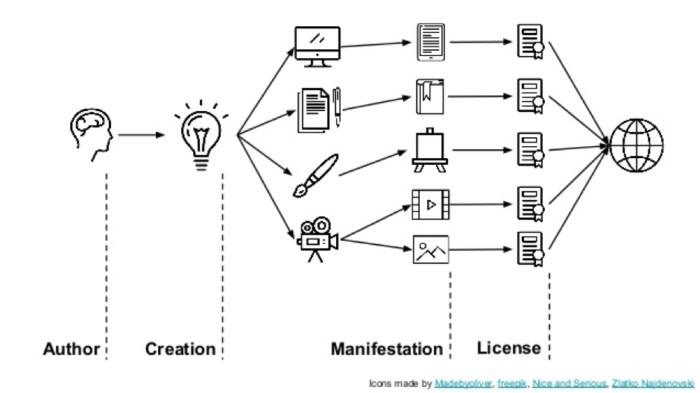Blockchain Technology and Intellectual Property
By Nicola De Mel, IP Analytics Team
Blockchains have gained notoriety in recent times due to the emergence of Bitcoin. Bitcoin is, in fact, a blockchain or a distributed ledger. A blockchain is a tool in which a shared database is created. This database can record and track transactions and assets. The users can see chronological activity for each particular blockchain which means once something is on the chain it cannot be removed. For example – the value of bitcoins transferred along with the date the transfer occurred may be seen by the users. It is a mode in which digital information can be organized in a reliable format. Not all blockchains are available to the public – it could be programmed, so only holders of a special digital key can access the chain. Even with a publicly available blockchain, the real identity of people may not be revealed without access to the distinct digital key.
How Blockchains could affect Intellectual Property Rights
Businesses have become increasingly interested in implementing the blockchain technology in various aspects including in managing IP. The most intuitive use for a blockchain would be as an IP registry. Currently, most countries including the UK do not register copyrights. Therefore, using this system would ensure that the original creator of a piece of work has security in knowing that his/her work will be credited to them. This would also make the process of licensing simpler and more transparent. Third parties would have easy access to the complete chain of ownership for a work. There are a few startups that have utilized this technology already. Blockai and ascribe are platforms that allow authors to record their copyrights on their database.
The impact blockchains may have on patents could also be significant. Patent offices worldwide could implement this tool to register and grant patents. It may also be used as a tool to create an inventor-investor matchmaking network. If users are allowed to only view a brief description of the invention the novelty of the invention will be protected. If an interested party requires more information a smart contract could be implemented to safeguard the invention. Smart contracts are a feature of blockchains. It can facilitate and enforce a contract by itself.
What the future may hold
As many positives blockchains have there are also some drawbacks to this technology. Once an entry has been made to the chain it is impossible to correct. Also, Blockchains can only process a certain number of transactions per hour, this is due to the large processing power it is reliant on. Currently, there are a few startups that utilize the blockchain technology for IP, including IP Chain database. WIPO has already expressed their support of this technology which may indicate the trend of things to come.
We at Twinery, are excited to see how blockchain technology will revolutionize not just the Intellectual Property world but also the business world.



